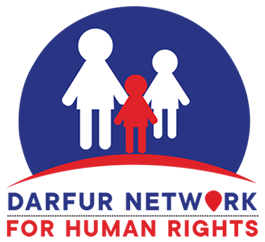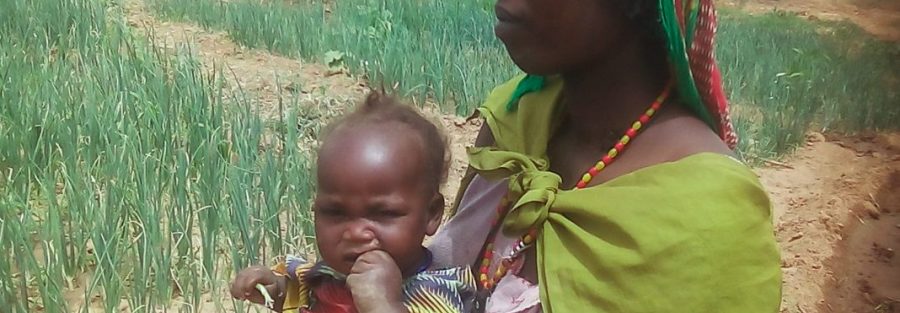When life became unstable in Sudan’s Darfur region, Fatima (not her real name) escaped with her small children to a refugee camp in Eastern Chad. Though she found physical safety, forced displacement brought a new set of challenges.
Fatima rented a small plot of land to grow vegetables and raise goats to feed herself and her children. However, she quickly ran into problems. Infertile soil and irregular rainfall produced low yields of vegetables. There was not enough to survive on. She needed to learn better farming practices but didn’t know where to turn.
A State Department program — Self-Reliance and Peaceful Coexistence for Sudanese Refugees and Host Communities in Eastern Chad — in partnership with the Lutheran World Federation began in 2017 to reduce hunger among refugee communities and help people like Fatima learn better ways to farm in the arid region.
The program enables refugees and their communities to “become self-reliant and not depend on food aid,” said a representative of the Lutheran World Federation. “If the population is able to sustain their own livelihoods, they are most likely to stay in the places where they are” as opposed to looking for another place to start building their lives from scratch again.
While relationships among refugees and their host communities can be strained, the program fosters a sense of community through learning farming techniques.
The proof of the program’s success comes from stories across the region. In her case, Fatima has been able to buy her own land, send her children to school and buy new clothes with the money she makes from farming.


